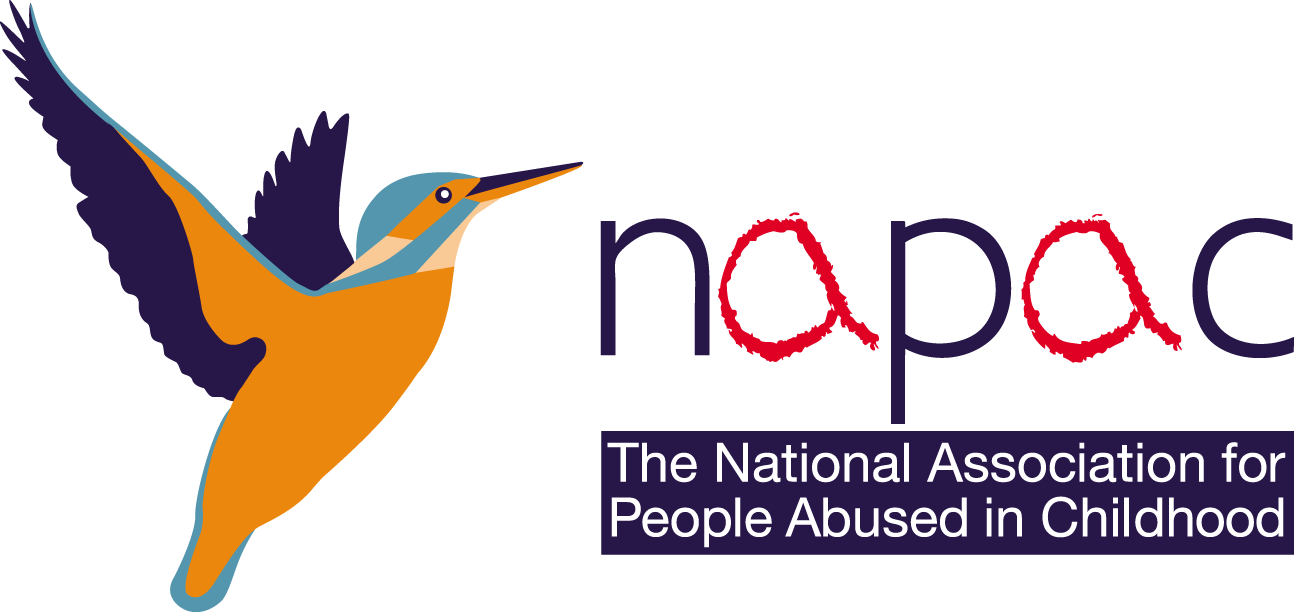
Trauma informed practice refers to a relatively new strengths-based treatment framework that emphasises emotional, psychological, and physical safety for therapists and survivors of trauma including abuse in childhood.
What is trauma informed practice?
The main aim of trauma informed practice is to prevent re-traumatisation in therapeutic and medical settings that are designed to facilitate healing, and to safeguard against the dangers of vicarious trauma for staff.
Though the medical community at large acknowledges the benefits of trauma informed practice, the use of physical restraint, seclusion and manipulation still occurs on many mental health wards and psychiatric hospitals. These experiences are detrimental to a person’s chances of recovery due to the obvious risk of re-traumatisation and the likelihood that they will not again seek treatment due to their initial negative experience

The five key tenets of trauma informed practice
The trauma informed approach follows these key principles, to safeguard both the survivor of the trauma, and the professional supporting them in recovery.
Safety
Throughout the organisation, staff and clients must feel psychologically and physically safe. There should be no obvious risks from the physical setting and interactions between staff and client engender a sense of safety.
Trustworthiness
Organisational processes and decisions must be transparent, with the overarching goal of fortifying trust between organisation and staff, and staff, survivors and friends and family of survivors.
Collaboration
Often, survivors of trauma feel powerless, as the traumatic situation has rendered them helpless at the time and again in future when experiencing flashbacks or panic attacks. The focus on collaboration here recognises that healing happens in relationships that promote a meaningful sharing of power and decision-making.
Empowerment
New skills empower, and as such individuals’ strengths should be recognised and nurtured to facilitate professional growth amongst staff and recovery for the survivor of the traumatic experience.
Choice
The choice component of the five key tenets recognises that there is no one size fits all approach to healing. Every person’s experience is unique and requires a tailored programme suited to their individual needs, the organisation should aim to strengthen both the staff and client’s ability to choose.
You can read more on trauma informed practice here.
